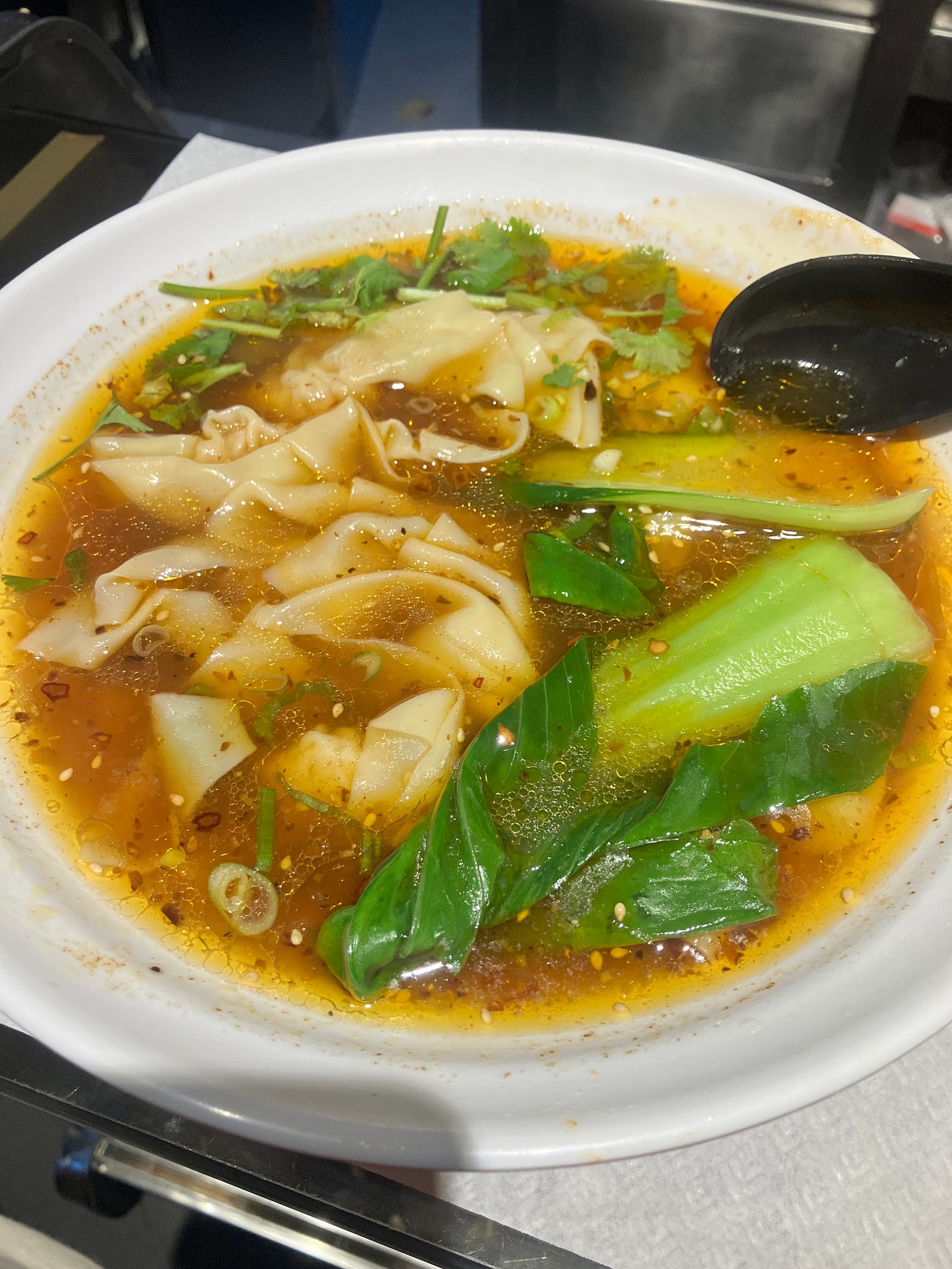Among the Learners
It struck me, here in Lisbon for a week of language classes, that sitting in a room full of foreigners who speak Portuguese about as well, or as badly, as I do may not be the best way to actually improve.
What you want is to sit in a room full of Portuguese. That’s how you get better. The Portuguese speak quickly. They use a wide range of expressions. They don’t stumble, or mispronounce words or trip over grammar.
Maybe the school could offer my idea as an option. It would probably be expensive—though maybe not. Hire ten Portuguese people to sit in a room with you for two hours. Pay them to talk with you, answer your questions, and just speak naturally. Provide beer.
Instead, I’m in a room with a couple from Ecuador, a man from Japan, another young man also from Ecuador, two women from England, a woman from Spain, and one from Germany. Most are in their twenties. The German woman is probably around 40. She has a child our daughter‘s age. At 66, I’m a generation older than anyone else.
The Ecuadorian couple are both doctors. They are smart, good-looking and on time. The Spanish woman works in investment banking. She moved from Madrid to be with her Portuguese boyfriend, whom she met at a bank in Argentina. The Japanese man is strikingly handsome, tall, and poised—he looks like a surfer. There was a time when Japanese men tended to be smaller. That time has passed.
I’m the most talkative in the room. The teacher said he could tell I’d been a journalist because I kept asking the other students questions. He nailed me. But having taught classes myself, I was also trying to get the other students to talk to each other—not just respond to the professor. It’s a better class when students converse, even if the teacher has to guide things.
The class is labeled B2, according to the international standard that runs from A1 to C2. It’s not too hard for me. Maybe it’s a little too easy. That’s both encouraging and discouraging.
One thing really bugs me: the students speak English to each other all the time. Not during the class itself, but before class, during the break, and afterward. I want to scream. We’re not here to speak English! Why treat Portuguese as something you only do in class? I did politely ask them, for my sake, to speak only Portuguese in the classroom. They agreed—and then went right back to English at the next break.
Maybe I shouldn’t be so judgmental. For most of them, English is their first, second language. Maybe that changes the dynamic, though I’m not entirely sure how.
The class isn’t bad. We spend about half the four-hour class conversing, and the other half on grammar. There’s also a half-hour break. I hope it’s helping more than I realize. Next time, if there is a next time, I’ll probably try C1, which has more advanced reading and conversation.
Tummy Time: Ketchup and Language
A little moment said a lot about where I am with Portuguese.
I was eating lunch at a tiny snack bar with tables that also served hot meals. Amazingly cheap: €5.50 for a pork chop with rice, French fries, and salad. This, almost across the street from El Corte Inglés, Lisbon’s gleaming high-end department store, filled with pricey eateries.
After my food arrived, I asked the small, gray-haired man behind the counter, probably the owner, for some vinegar. I assumed they wouldn’t have ketchup—it’s not as common here. But he didn’t have vinegar handy, so I said (still in Portuguese), “Do you have ketchup? I’m an American and I like ketchup on my fries.”
The waitress brought some over and said, in Portuguese, “An American who speaks Portuguese.” Then she dramtically rolled her eyes. It was, somehow, both a compliment and an insult.
She walked back to the kitchen, and I heard her tell someone, maybe the cook, “There’s an American out there who speaks Portuguese!”
Are we really that rare? Maybe. Still, I was pleased to be the exception.
My dish—meat, rice, potatoes, salad—is classic Portuguese fare. But this lunch is I hope the exception for me this week.
While I’m in Lisbon, I’m trying to eat as little Portuguese food as possible—or, put more positively, to eat lots of non-Portuguese food. I love the cuisine, but sometimes a break is refreshing. Lisbon, now a giant world city, offers real variety.
Last night, I went back to the tiny Szechuan place I discovered, Sabores de Sichuan. I had a spicy bowl of soup—really good. The place was packed. I got lucky with a seat at the bar. I’m glad it’s doing well.
One more note: tomorrow, a huge book fair begins in Eduardo VII Park, which is just near the apartment I’m staying in. I’ve watched them setting up the stalls, stretching all the way from the top of the park down toward the river. I bet that’ll be interesting.




